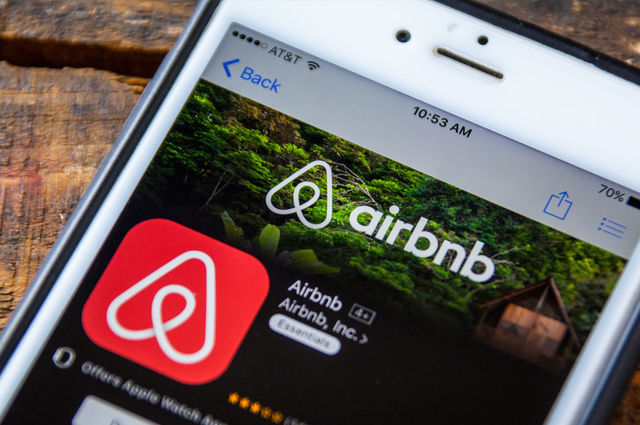Is Airbnb Hotelier’s Friend or Foe?
14 experts shared their view
After the recent acquisition of HotelTonight, If there were any doubt as to Airbnb's true intentions of entering the OTA space and start aggressively competing with online travel agency giants such as Booking Holdings and Expedia, they need to be laid to rest immediately.
The industry has conflicting views of the role Airbnb plays and will play in hotel distribution. Some hoteliers believe that Airbnb is not an ordinary OTA since it "hijacks" travel demand and diverts traditional hotel guest to private accommodations. Airbnb has already "hijacked" 10%-15% of the travel demand in many major metropolitan areas and leisure destinations such as New York City, Paris, and London. This affects negatively overall occupancy and hotel room pricing and hoteliers are unable to raise ADRs in periods of traditional peak demand. According to Morgan Stanley Research, 50% of survey respondents in the US, UK, France, and Germany reported that they booked an Airbnb in place of a traditional hotel. In other words, Airbnb is diverting traditional hotel guests to private accommodations.
Other hoteliers welcome the entry of Airbnb in the hotel distribution mix, since they believe Airbnb adds another option to the existing duopoly of Booking Holdings and Expedia.
What is your take on the subject?
AirBnB is clearly a phenomenon that is disrupting the hospitality industry as we know it. I am not sure if this can be classified as a “friend or foe” but to me it is clear that the dramatic rise of this type of lodging should pose some real questions to hoteliers. Flat renting has been there forever and several players were there also before AirBnB. So: why AirBnB is having more traction into the market and what are the things hoteliers could learn by the rapid growth of it?
Aside from the economic issues (does a guest really saves when booking AirBnB?), I believe there are two points that can be of interest in this discussion. First AirBnB is tapping into the rise of a new 'crowdculture': From the columns of Harward Business Review Holt defined crowdcultures as sub culture born and breaded in the internet long tail: we are not anymore tourist, but we are travellers and as travellers we would like to see more or experience more: in other words we would like to 'live' the place where we go. This is a clear standpoint in AirBnB communication and marketing. Guests are not anymore looking for a bed, but they are looking for personalized experiences. Secondly, there is in my opinion a big dose of homophily (i.e. the tendency for people to have ties with people who are similar to themselves in socially significant ways) when choosing AirBnB accommodation. In other words guests will try to choose accommodation that in some ways reflect their view of themselves. Research from Iis Tussyadiah (University of Surrey), confirms that AirBnB announces and host presentations are written in a way that resonates to the personality of the guests. There is a component of 'this accommodation really suits who I am' that is now relevant in the choice of the place where to stay.
Therefore, aside from economic discussions I truly believe that hoteliers should learn from AirBnB to deal with these 'new guests' tapping into customization of the stay and personality of the hotel. One size fits all does not exist anymore and the AirBnB model is just the top of the cultural iceberg that is impacting the hotel industry as we know it.


